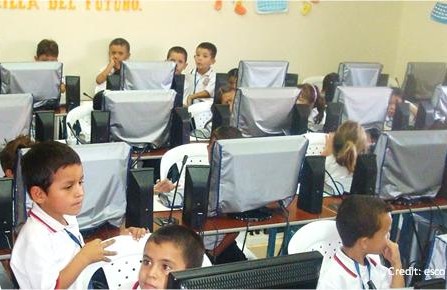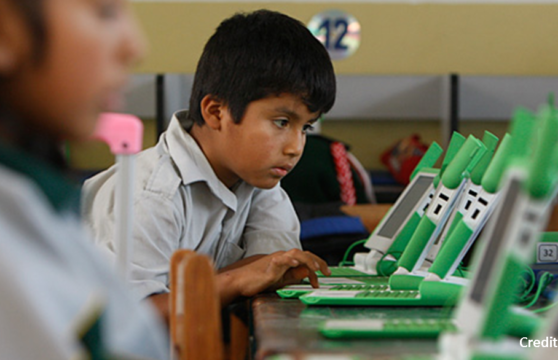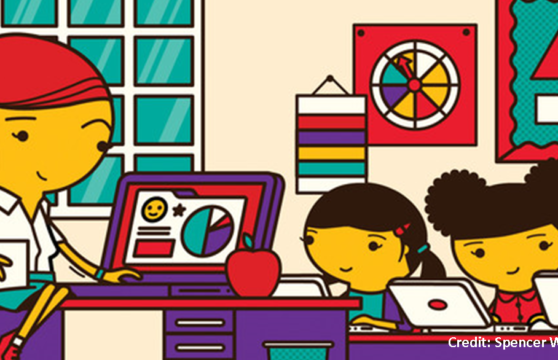
PREAL Publicaciones: ICTs in Education
Series that focuses on using Information and Communication Technologies (ICT) in education policies and programs.
This post is also available in: Spanish
A new ECLAC publication entitled “Digital Technologies Confront the Challenge of Inclusive Education in Latin America” (in Spanish) presents a series of studies on the effectiveness of Information Communication Technologies (ICTs) in education.
The document observes that the process of integrating ICTs into schools has been slow, and has not consistently produced the positive impacts on learning and equity that were expected. Based on the results of eight diverse and relatively recent case studies of best practices, the editors offer a set of five conclusions intended to help policymakers take better advantage of the potential of digital technologies to improve the quality and equity of education systems in the region. These include:
Series that focuses on using Information and Communication Technologies (ICT) in education policies and programs.
Study on the potential for and limits to learning associated with the One Laptop per Child program in Peru.
Economist article discusses the advances in education technology as well as the associated changes and challenges.

